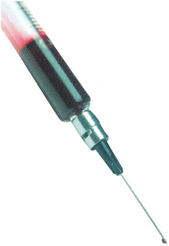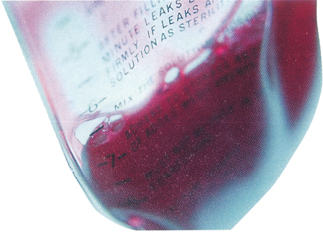Life is in the blood. When one has an abundance of blood and vital energy (qi), he will have a clear mind and feel strong. If there is a deficiency of blood and qi, he will experience shortness of breath, feel dry in the eyes, sense a loss of agility in the arms and legs, and suffer coarse and dry skin.
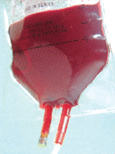
What is Blood?
Blood is a red fluid that flows through the channels of the human body, which constitute an integral part of the body, and sustains life as well as its daily activities. The circulation of blood in the vessels serves to provide both nutrients and moisture to the organs. In the human body, qi and blood are transported by the main and collateral channels, which connect the organs, limbs and joints, being the interface between the exterior and the interior of the human anatomy.
The Essence of Blood
In traditional Chinese medicine, blood constitutes these elements: the nutritive element or yin qi, bodily fluids and the essence of the kidneys. Nutritive element, also known as constructive energy, refers to the energy that flows through the blood vessels and nourishes the body organs and tissues. The bodily fluids comprise fluids from the various organs and normal bodily secretions. These fluids keep the internal organs moist and may also transform into blood. The kidneys store the essence of life. In addition, the spleen reinforces the vital energy and regulates the flow of blood in the blood vessels.
The Functions of Blood
When blood flows through the human body, it nourishes as well as moisturises all bodily parts, including the body, arms and legs. It further nourishes the viscera or internal organs, which include the five zang organs and the six fu organs, in particular giving energy to the brain and heart (the vital organs). This way, the blood provides the energy to sustain all bodily functions.
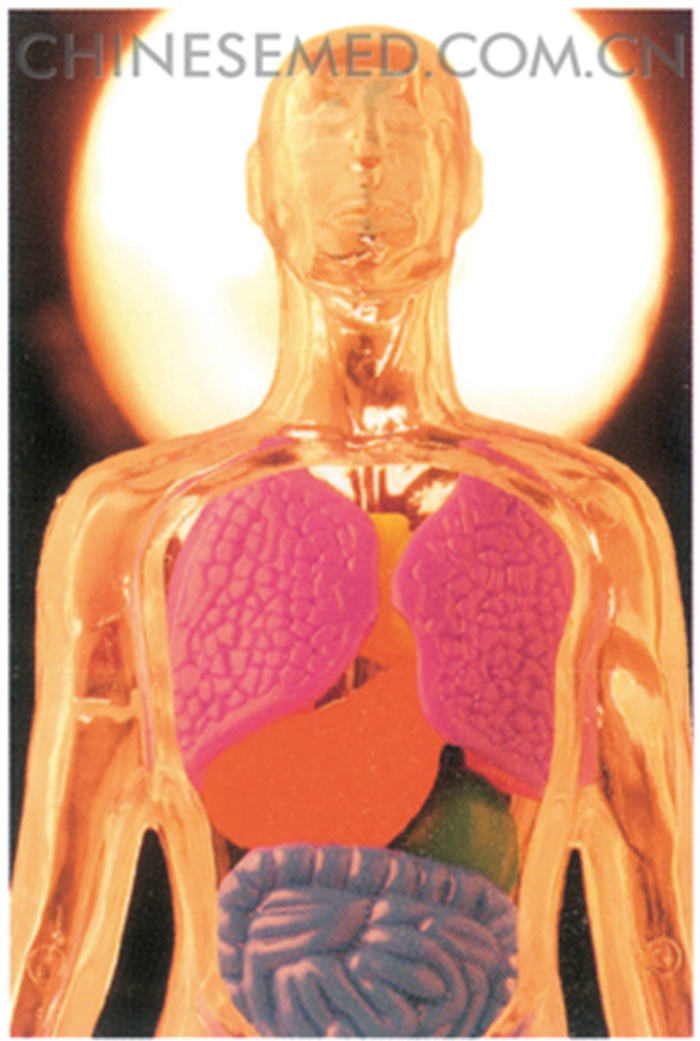
Blood and the Internal Organs
The internal organs are classified into five zang organs and six fu organs. The five zang organs are: heart, liver, spleen, lungs and kidneys. They generate life and are the reservoirs of vital energy and the essence of life.
The six fu organs are: stomach, small intestine, large intestine, gallbladder, urinary bladder and Triple Energiser. They take in excesses and transform water and nutrients without storing them.
In addition, there are the extraordinary organs: brain, marrow, bones, blood vessels, gallbladder and uterus. They are thus termed since their physiological properties are different from both zang and fu organs; yet they also store the vital energy of the body.
All these organs affect how blood is produced, transported and stored: The heart pumps, resulting in the flow of blood in the circulatory system. Among the other internal organs, the lungs have the most blood vessels and the circulation of blood is enhanced through deep breathing since this brings about the greatest supply of oxygen (or energy) to the body. The Chinese physician believes that the heart and the lungs are the most important parts of the upper body, contributing to vital qi. When vital qi is sufficient, the heart will be able to pump blood better to ensure good blood circulation. If there is a deficiency of vital qi, one will feel listless and may even suffer from blood stasis.
At a secondary level, the spleen supports digestion. It absorbs nutrients to be distributed in the body, and regulates the transport and production of bodily fluids. In particular, it regulates the flow of blood in the blood vessels. According to Chinese physicians, the most important part of the middle portion of the body is the spleen and stomach. When the spleen and stomach malfunction, they will affect the creation of blood and may result in deficiency of blood.
The kidney stores the essence of the organs, and maintains the health of bones and marrow. And in turn, the bone marrow affects the production of blood. The liver and kidneys dominate the lower channel of the body and play a crucial part in blood production.
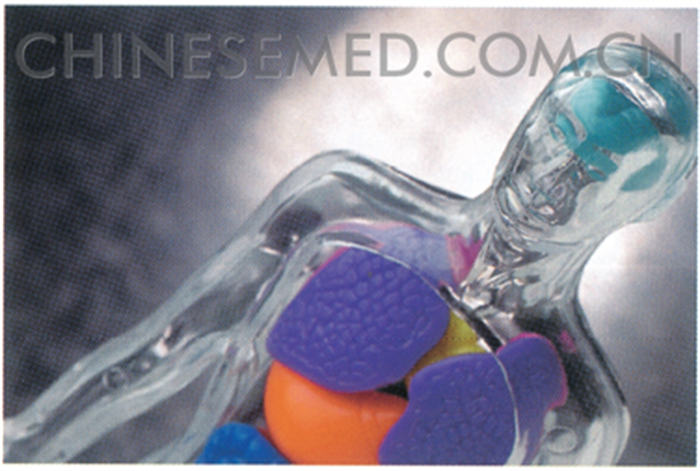
Blood-related Illnesses
The blood flows through the body and nourishes the organs. When the physiology of the blood is not in balance, the body will undergo changes, resulting in these possible syndromes: cold, heat, deficiency and excess, which may lead to deficiency of blood, blood stasis or blood fever.
Deficiency of blood is caused by a shortage of blood, arising from heavy loss of blood, weakness in the spleen and stomach, poor nutrition or prolonged illness. The body feels weak, with symptoms such as pale face, pale lips, dry eyes and poor vision, giddiness, listlessness, insomnia, poor memory, nails losing colour, weakness and even numbness in the limbs, scant and light-coloured menses.
Blood stasis occurs when blood flowing through the body slows down or stagnates. It may be caused by cold obstruction and qi stagnation, wind-dampness or trauma. Symptoms such as these may be experienced: headaches, external or internal lumps, and purple tongue with spots.
Blood fever occurs when there is heat or fever in the blood, resulting in accelerated blood flow. This may be caused by the body organs affected by various exogenous pathogenic factors such as over-consumption of alcohol, and anger resulting in heat in the blood. All these can lead to damage to blood vessels and may result in hemorrhage.
